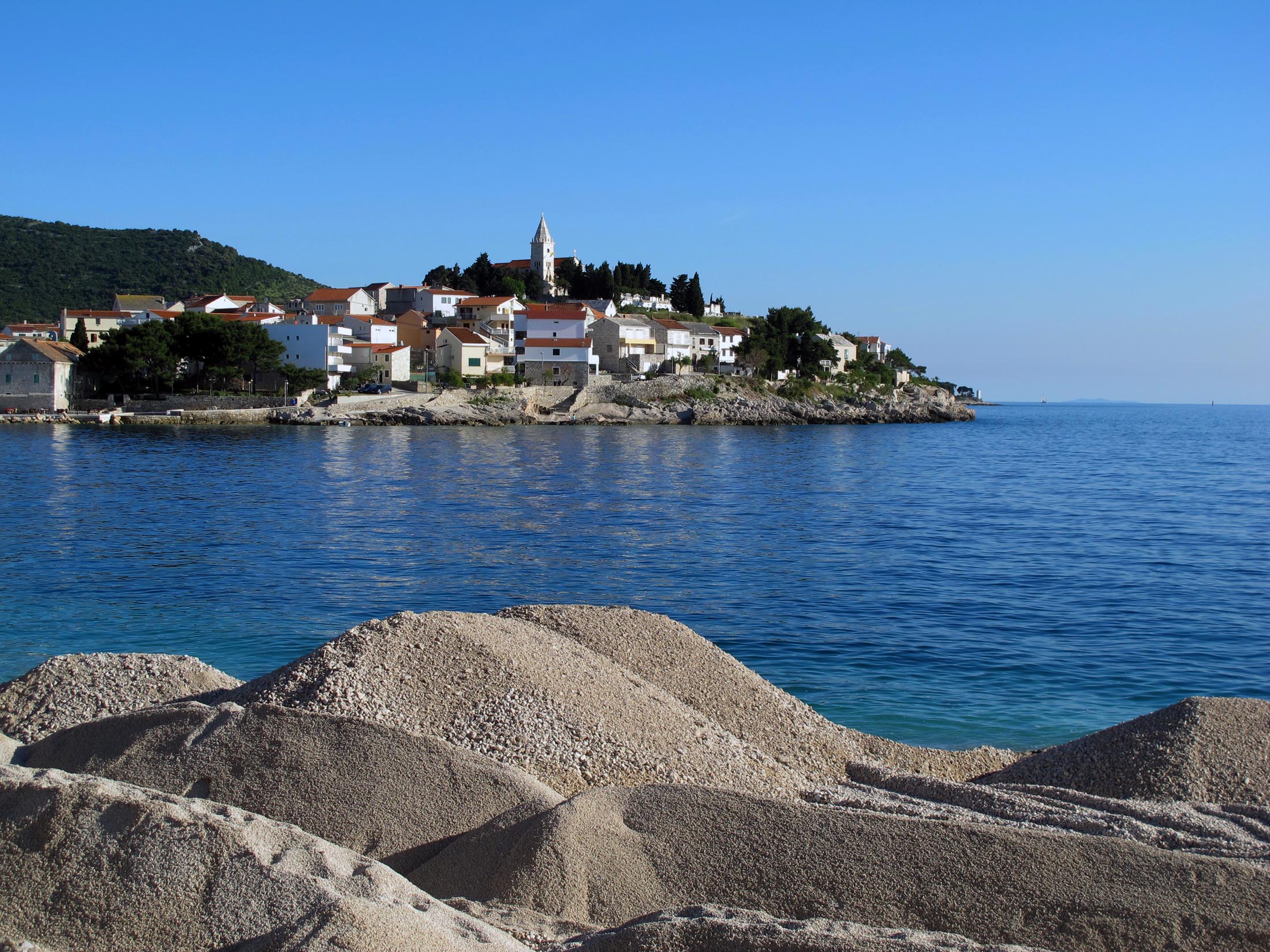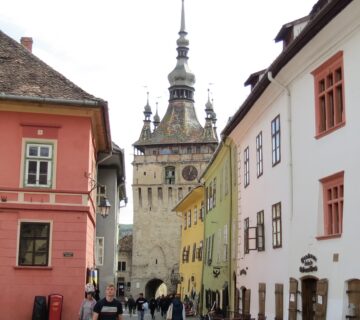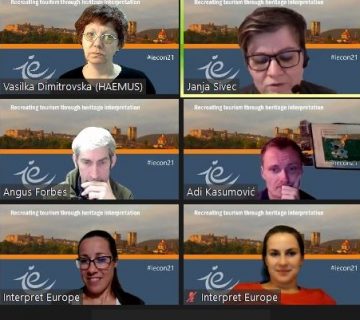Dalmatia in Croatia was the inspiring location for our Interpret Europe Conference. With its beautiful coast Dalmatia is a leading destination for seaside holidays. Away from the beaches it also boasts rich natural and cultural sites and attractive towns and villages that have huge potential for heritage interpretation
80 delegates from 26 countries considered how high quality interpretation can attract people to visit heritage sites, encourage them to explore inland and help extend tourism beyond the peak season. We explored how heritage interpretation can bring benefits both for tourists and for local communities.
Get some impressions of this inspiring event through our delegates’ lenses:
At our 2014 conference, we discussed how:
-
heritage interpretation can complement resort tourism
-
well-planned and well-executed interpretation can inspire tourists
-
interpretation can impact positively on the economy of popular tourism destinations
-
interpretation can also contribute to regional identity and local pride
-
interpretation planning and delivery can involve local people as well as experts
-
we can learn from best practice, success factors, lessons learnt and research results.
Setting the scene
As the tourist industry grows globally, competition between destinations increases. Stringent economic conditions force countries to seek increased revenue from tourism. To succeed, unique attributes and quality of product are essential as well as attractive pricing. Heritage sites, natural and cultural, coastal and inland, can give a competitive edge.
But making heritage a ‘commodity’ poses threats of unsustainable overuse and disturbance to local people as well as dangers of superficial experiences for visitors. The Council of Europe’s Faro Convention provides valuable guidance in promoting the use of Europe’s heritage for the benefit of local people, in terms of economic benefit and of life-long learning, provided such use is carried out sustainably. This, in turn, benefits visitors.
However, the role of heritage interpretation is often overlooked. Professional interpretation can enhance the visitor’s experience, it can lead to more responsible behaviour and it can create opportunities for sustainable community involvement. At our 2014 conference, we will discuss the wide range of opportunities and challenges for top-quality heritage interpretation in the context of popular holiday tourism.
Opportunities for lifelong learning and understanding
The mission of heritage interpretation, of course, goes beyond economic and cultural benefit. It encourages people to explore new surroundings, to learn from the past and to reflect on their relationship with the natural environment. This greatly augments tourists’ experiences of places and people they visit and helps to widen mutual understanding of different countries and cultures.
Curious?
Take a look at the conference brochure including all abstracts.




